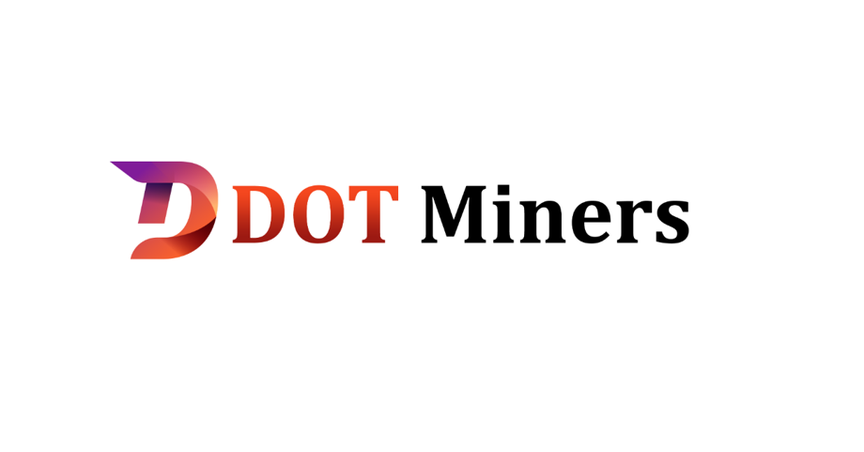Latest

DOT Miners Expands Crypto Access with User-Friendly, Regulated Pl...
July 07, 2025 10:10 AM EDT | By Team Kalkine Media

Durham Therapists Announces All-New 'Top 10 Best Therapists in Du...
July 13, 2025 07:44 AM EDT | By EIN Presswire

MindStir Media Named No. 1 Among Top Book Marketing Companies
July 13, 2025 07:42 AM EDT | By EIN Presswire

Multi-Instrumentalist Nate Franchesco Bridges Generations & Genre...
July 13, 2025 07:42 AM EDT | By EIN Presswire

GoHighLevel 50% Discount Deal for New & Existing Users Expiring S...
July 13, 2025 07:27 AM EDT | By EIN Presswire

NBC12 Segment Features Johnathan H. Miller on Summer Home Staging...
July 12, 2025 02:01 PM EDT | By EIN Presswire
Trending
Crypto
View AllData provided by CoinMarketCap.com. & delayed by few minutes. Read Disclosure
ASSETS
| Index | Price(USD) | Change |
|---|
